In May 2022, Diagonal achieved a very important goal for its history: the launch of our first book. "Ilha de Deus - A story of resistance and transformation" is a historical record that tells the story of the integrated transformation (social, environmental and urban) of an emblematic community in the city of Recife, located in one of the largest urban mangrove swamps in Brazil, at the confluence of three rivers that cut through the city.
Written by Vilma Dourado and Carolina de Queiroga Jucá, the book offers a historical overview of the formation of the riverside communities and the emergence of the social movements that won the island recognition as a Special Zone of Social Interest (ZEIS). This title gives the territory the right to decent housing for the low-income population through urban improvements, environmental recovery, land regularization of settlements and housing provision, to be provided with social equipment, infrastructure, green areas, shops and local services. However, until 2006, Ilha de Deus still had none of this.
The community emerged in 1959 as a spontaneous settlement, with fishing as the main source of income for the families. Completely on the margins of society, the island barely had access to the mainland and so it grew, with precarious housing and no infrastructure or basic services.
The scenario began to change in 2006, when the then newly-elected governor, Eduardo Campos, made a commitment to the island's population and announced the start of a project that would change the reality of local residents. This was also the moment when Diagonal and FADE began working together to gain a deeper understanding of the situation and to draw up an urban and investment plan for the necessary transformation. All this work was carried out with the community. Later, in 2009, Diagonal took over the management of the entire integrated urban, social and environmental intervention.
As well as covering the history, stories and methodology of the project, the book also emphasizes the fundamental role of political decision and public commitment in transforming the island. Through maps, graphs and images, the book details all the work carried out, describing each stage of the methodology developed by Diagonal and revealing the conclusions of the analyses obtained through extensive socio-economic, urban and environmental diagnoses, from planning to execution.
Always carried out with popular consultation, the interventions in Ilha de Deus were participatory in nature, giving legitimacy to the actions and reinforcing the importance of the role of its inhabitants. In this context, women's leadership was very prominent, symbolized by the Vitória das Mulheres bridge, a long-standing demand that connects Ilha de Deus to the Imbiribeira neighbourhood.
The interventions were carried out over seven years and today Ilha de Deus is recognized as a model of an organized community, and has become a destination for creative and community-based tourism in the Metropolitan Region of Recife. "We are very proud of this story, because it has positively transformed the territory and the reality of many people. We decided to publish it so that it can serve as an inspiration for public managers and companies. We believe there is a huge space in the country for us to replicate the model of work carried out in the community and we really want to help spread the impact of this project, as well as its model," says Kátia Mello, co-president of the company.
The book is available online on the Diagonal website. Happy reading!
Check out the best moments from the book launch on YouTube, via this link.

